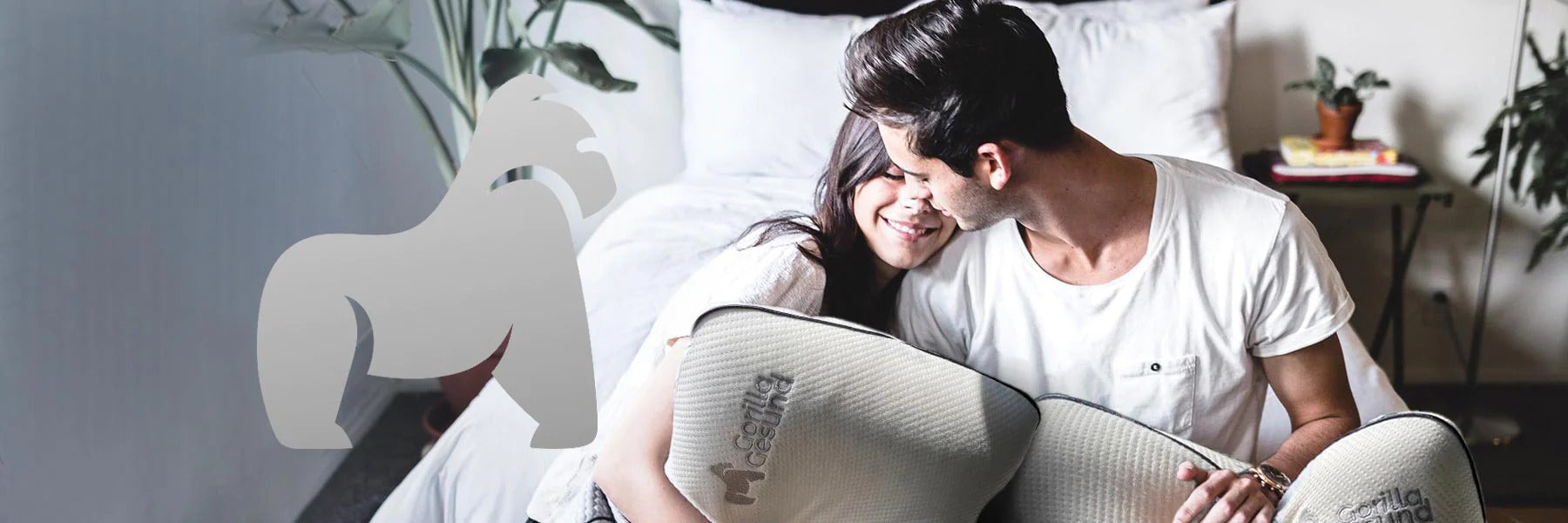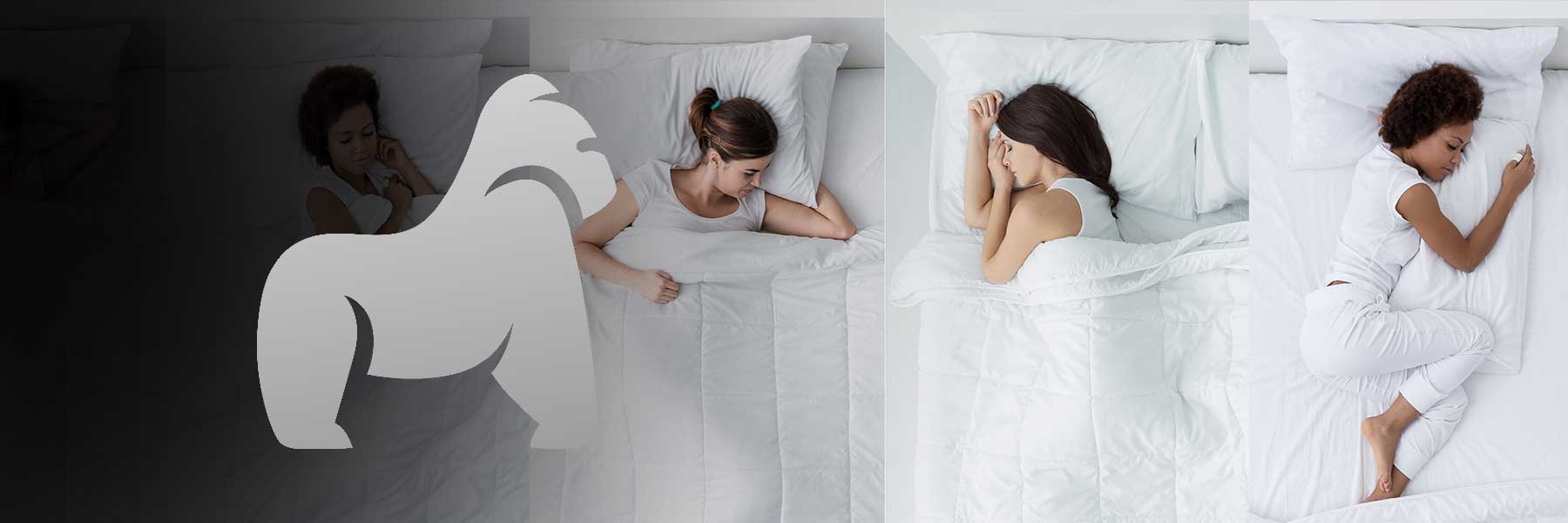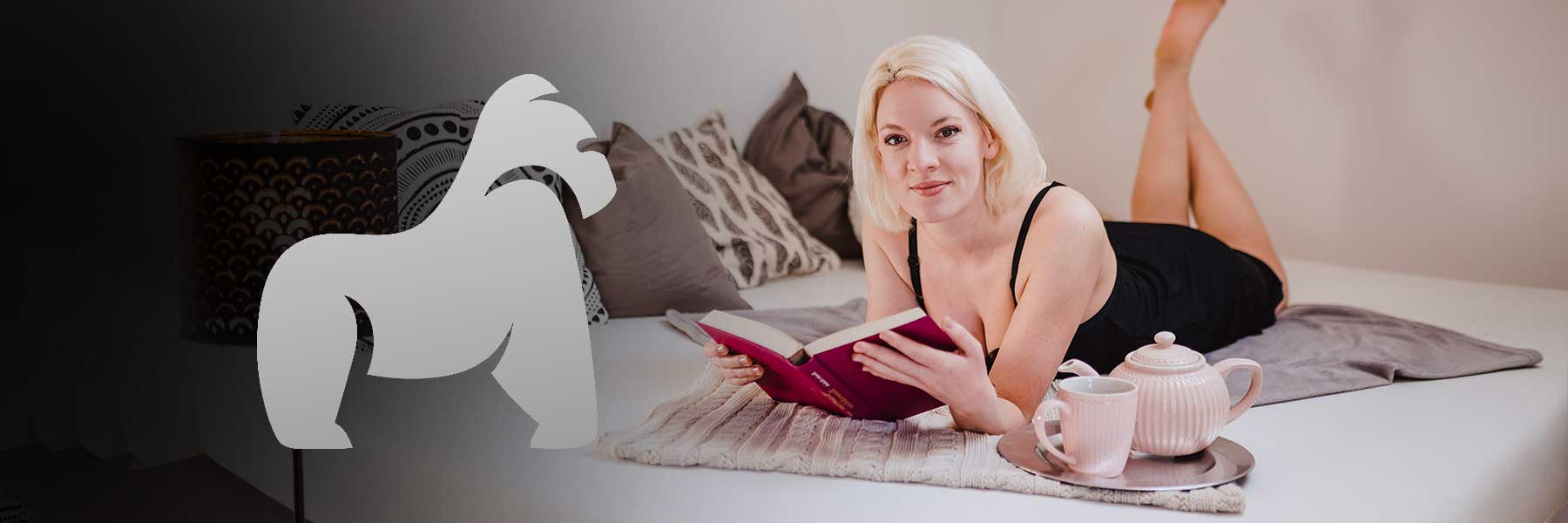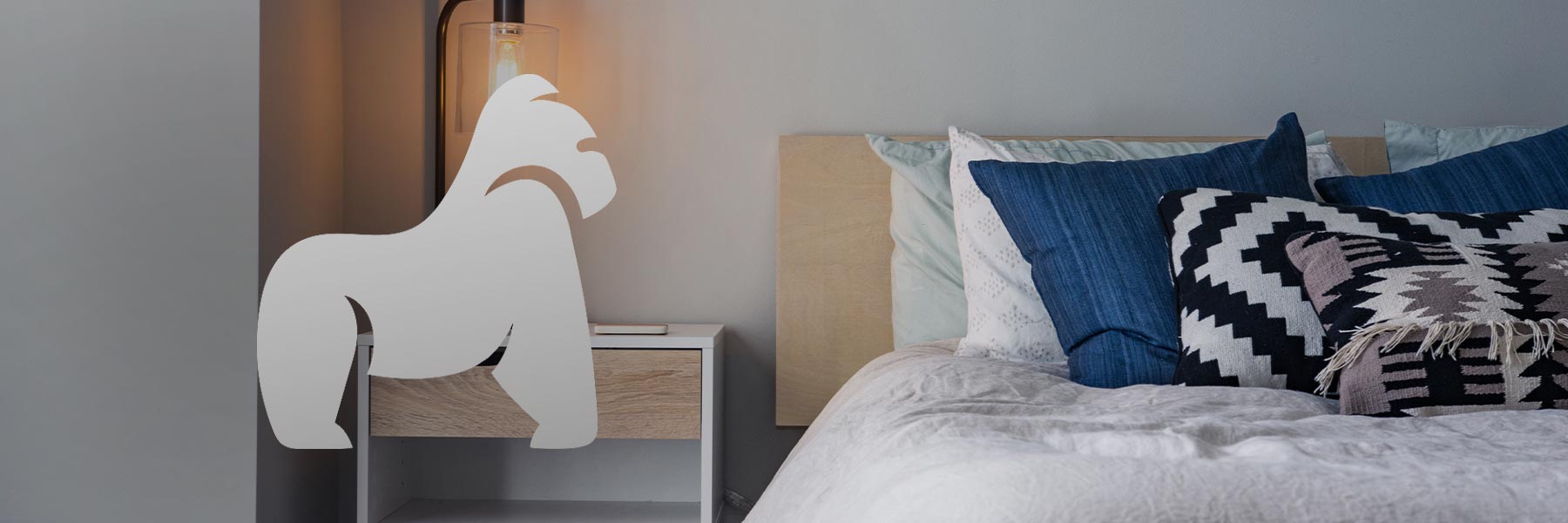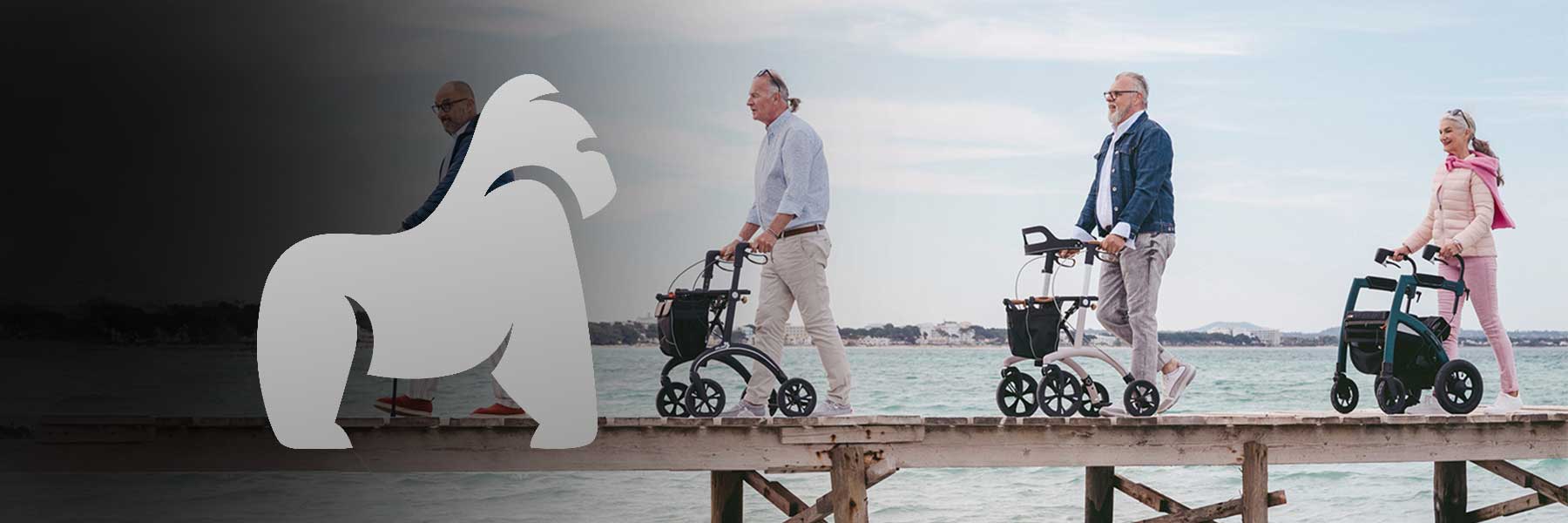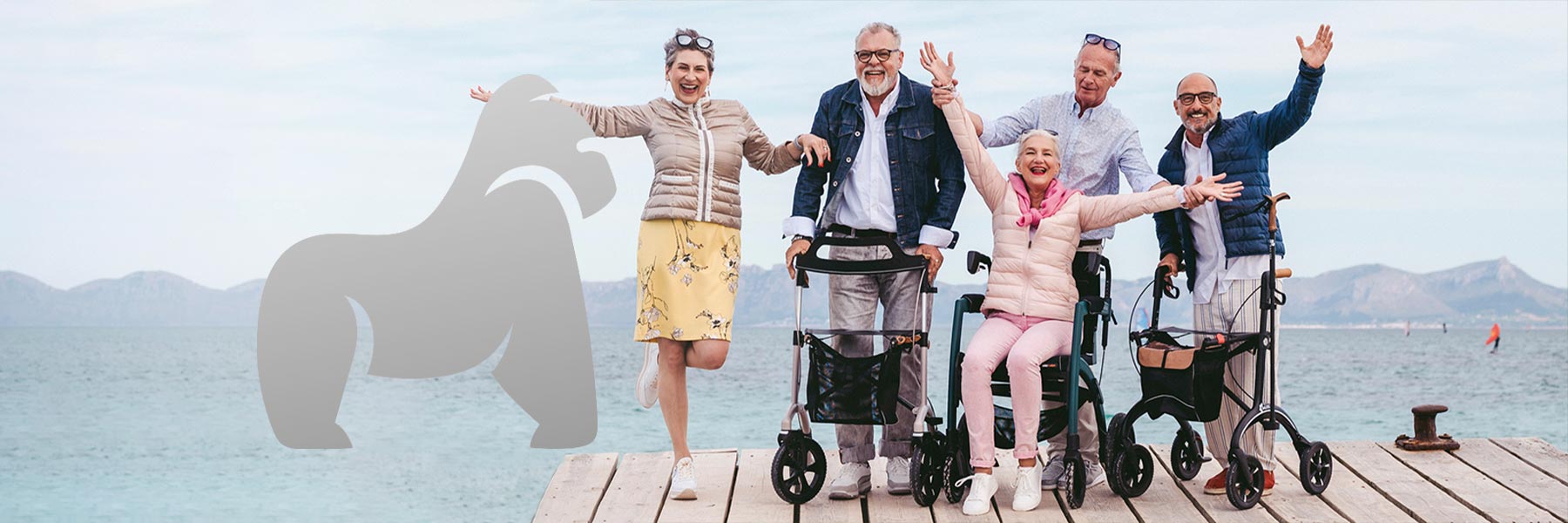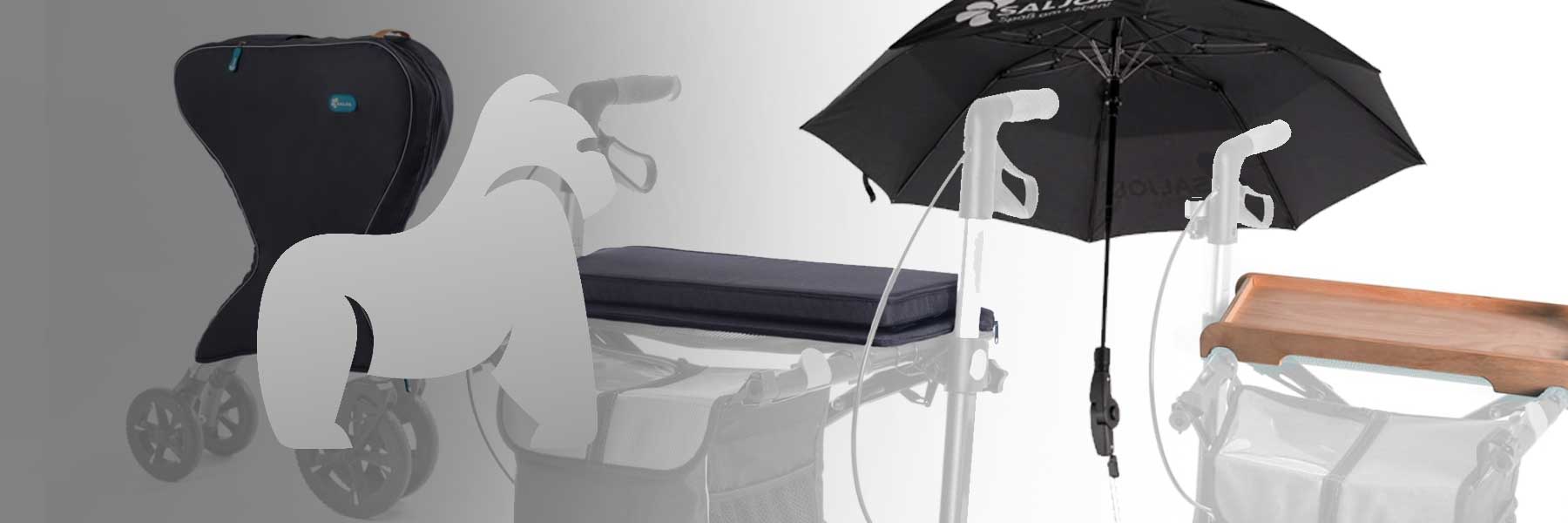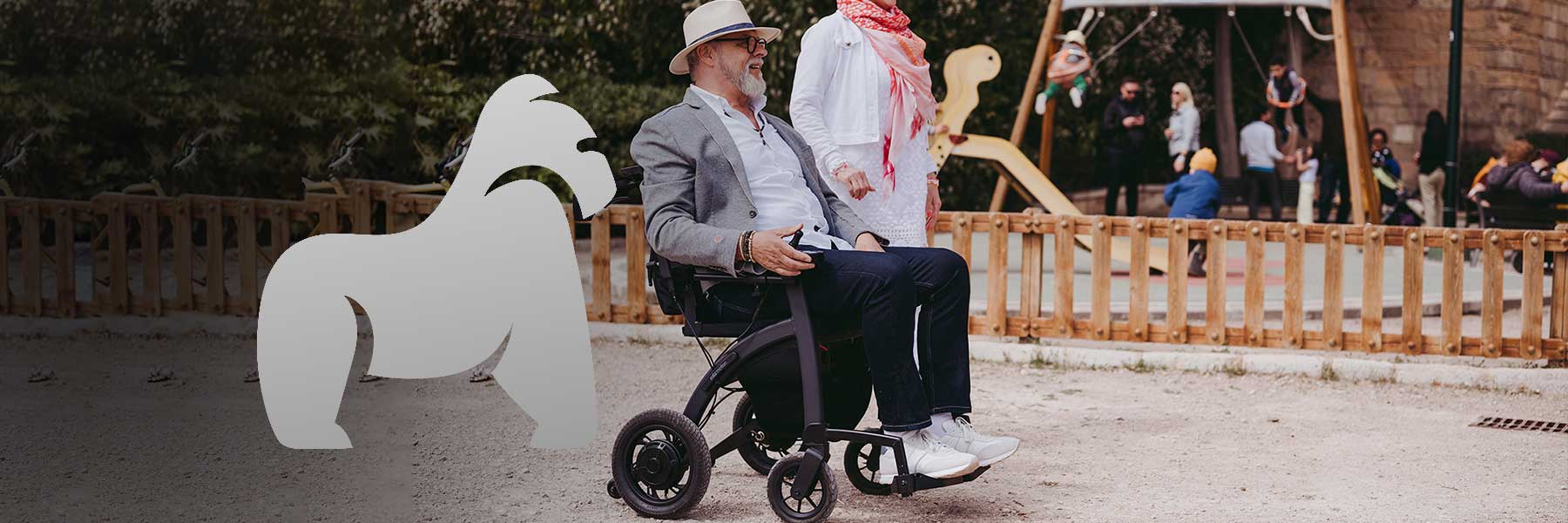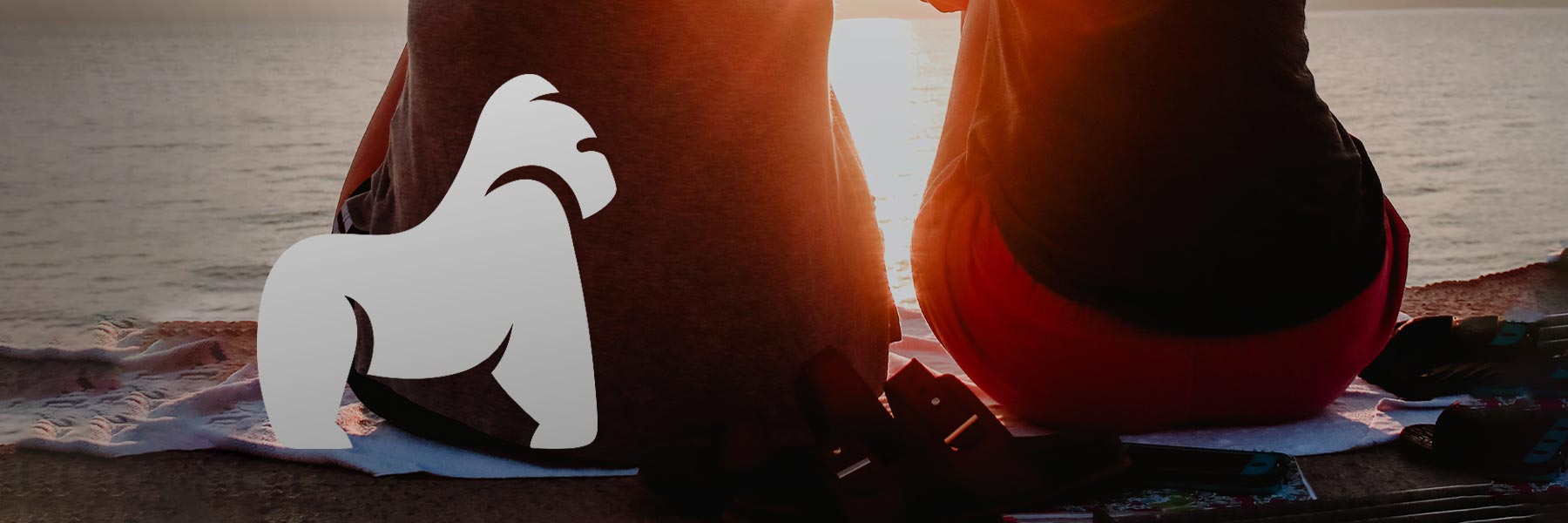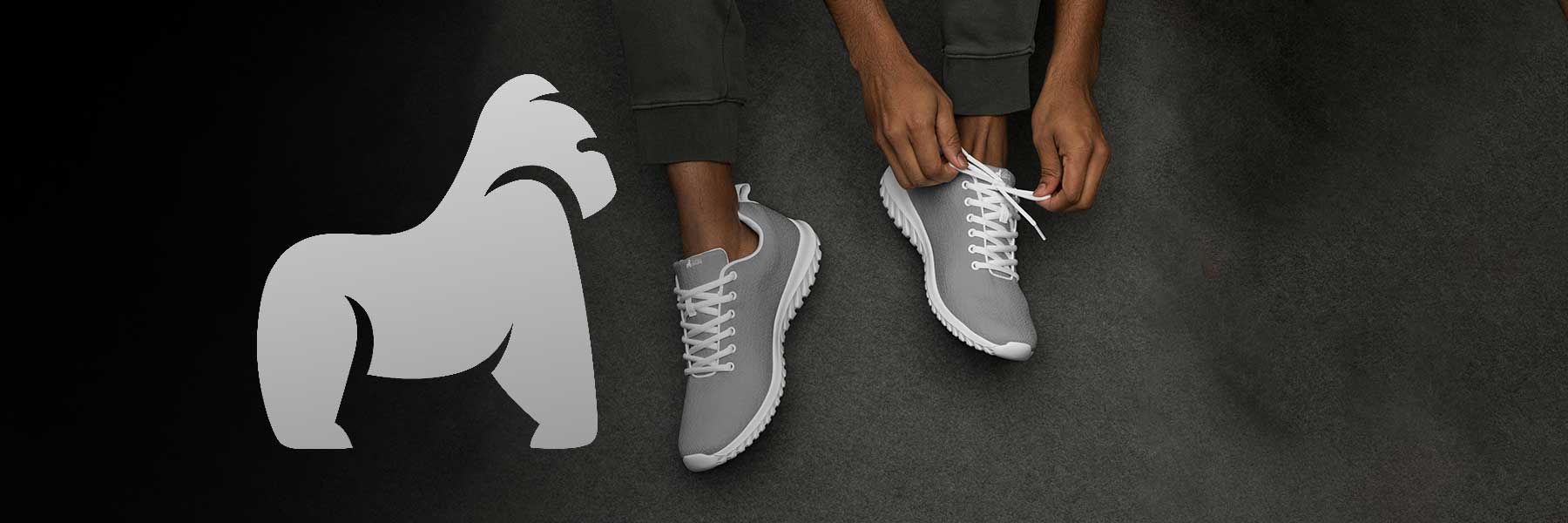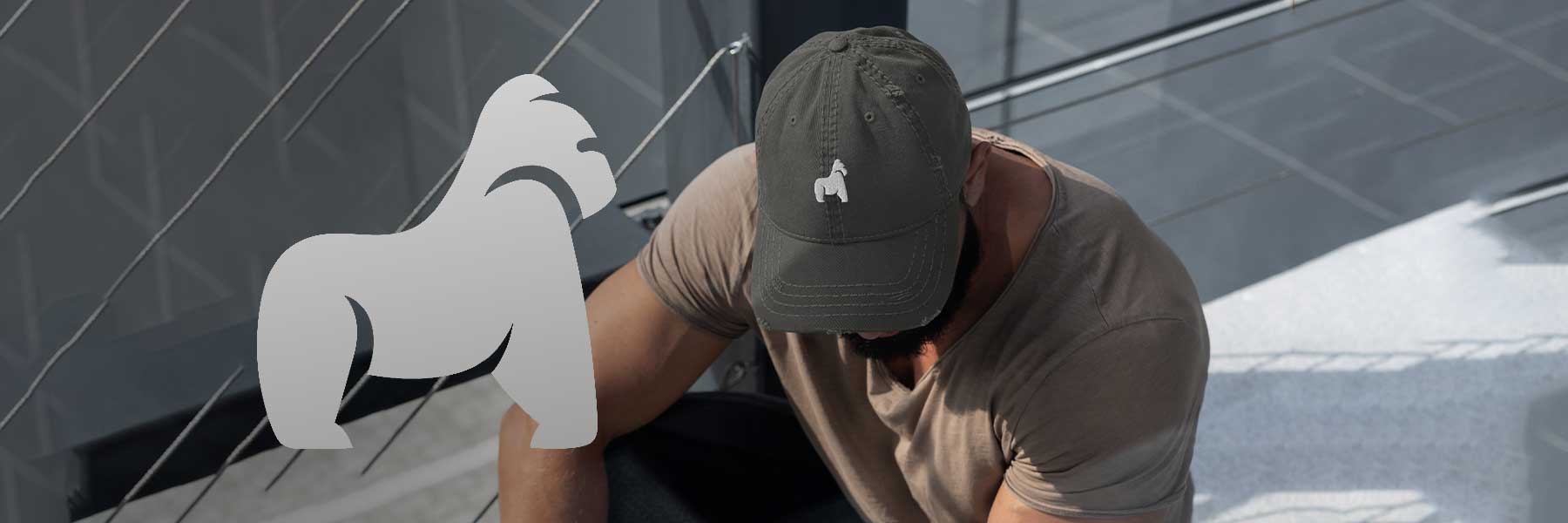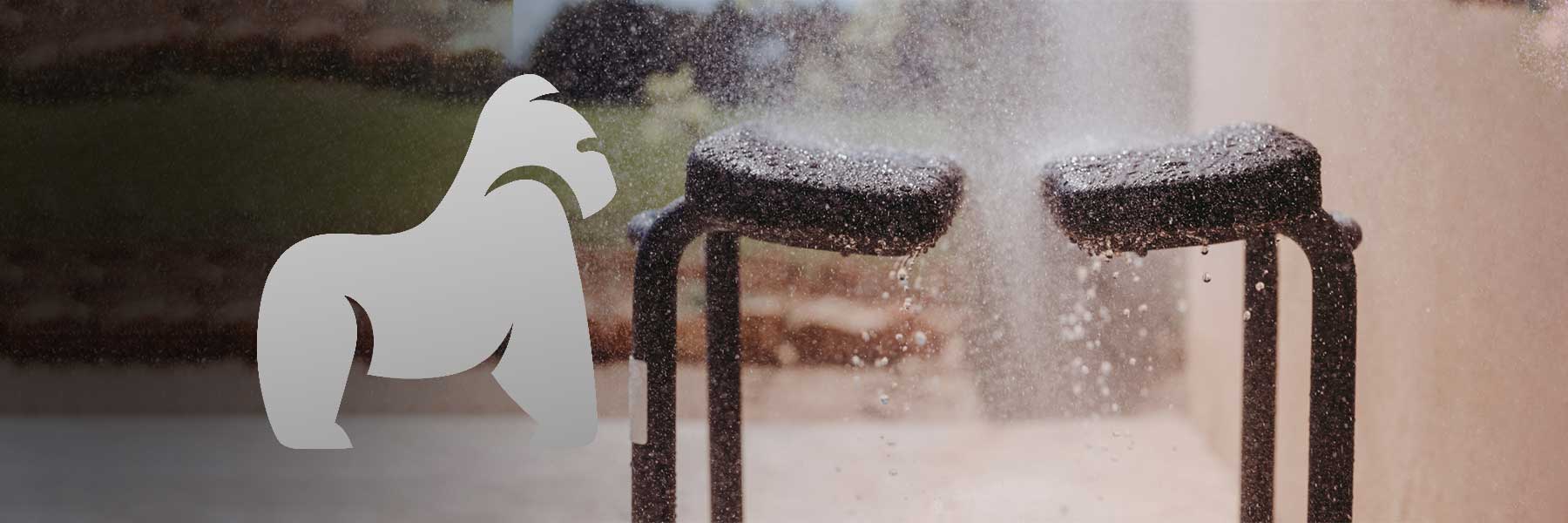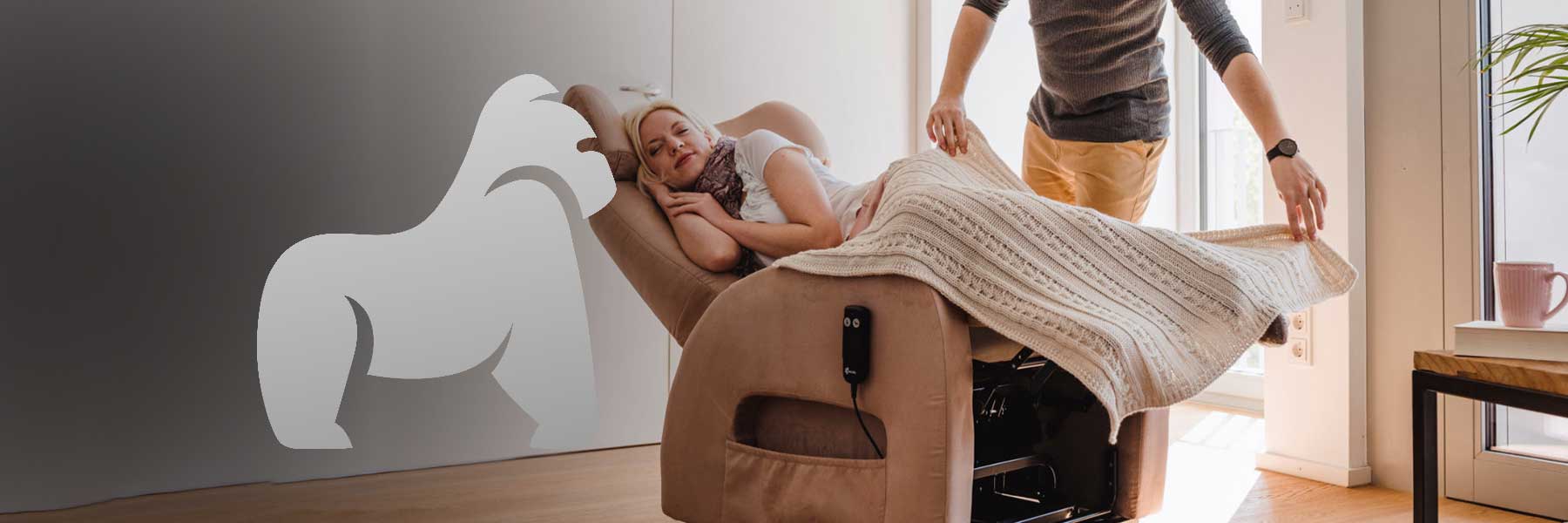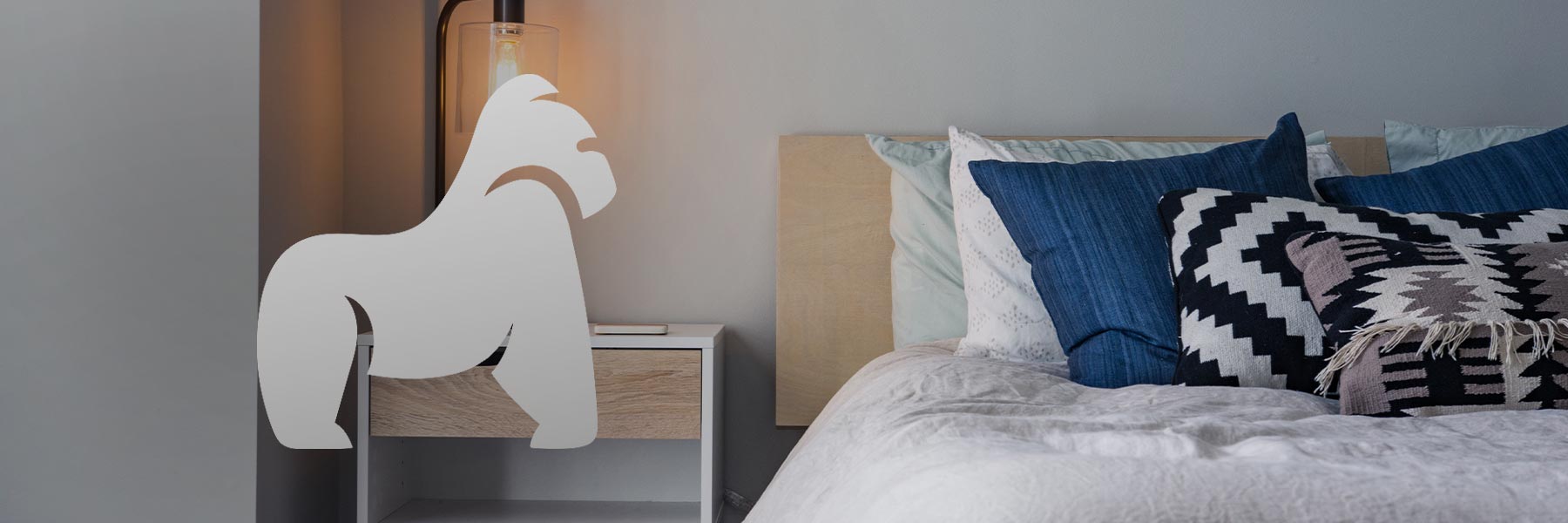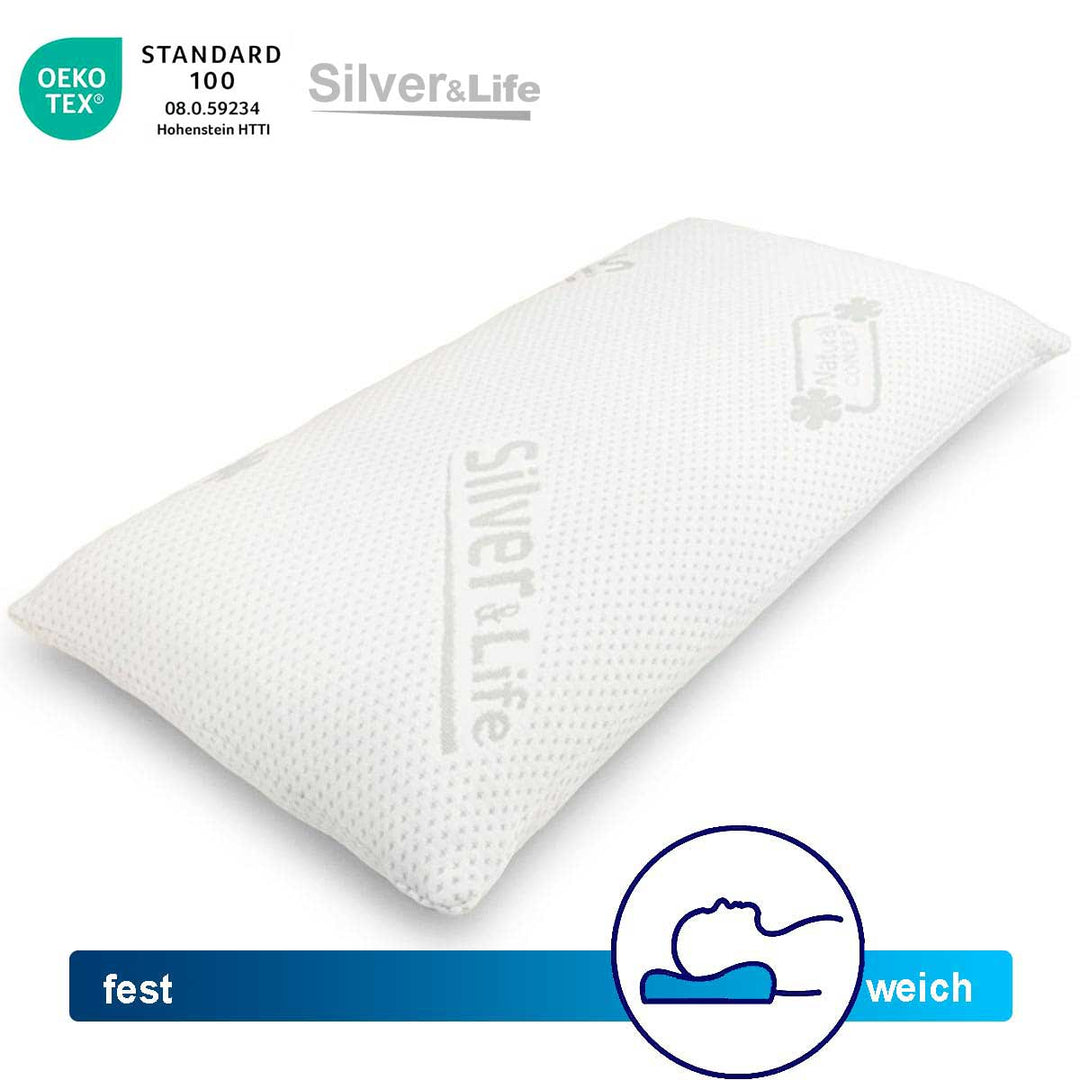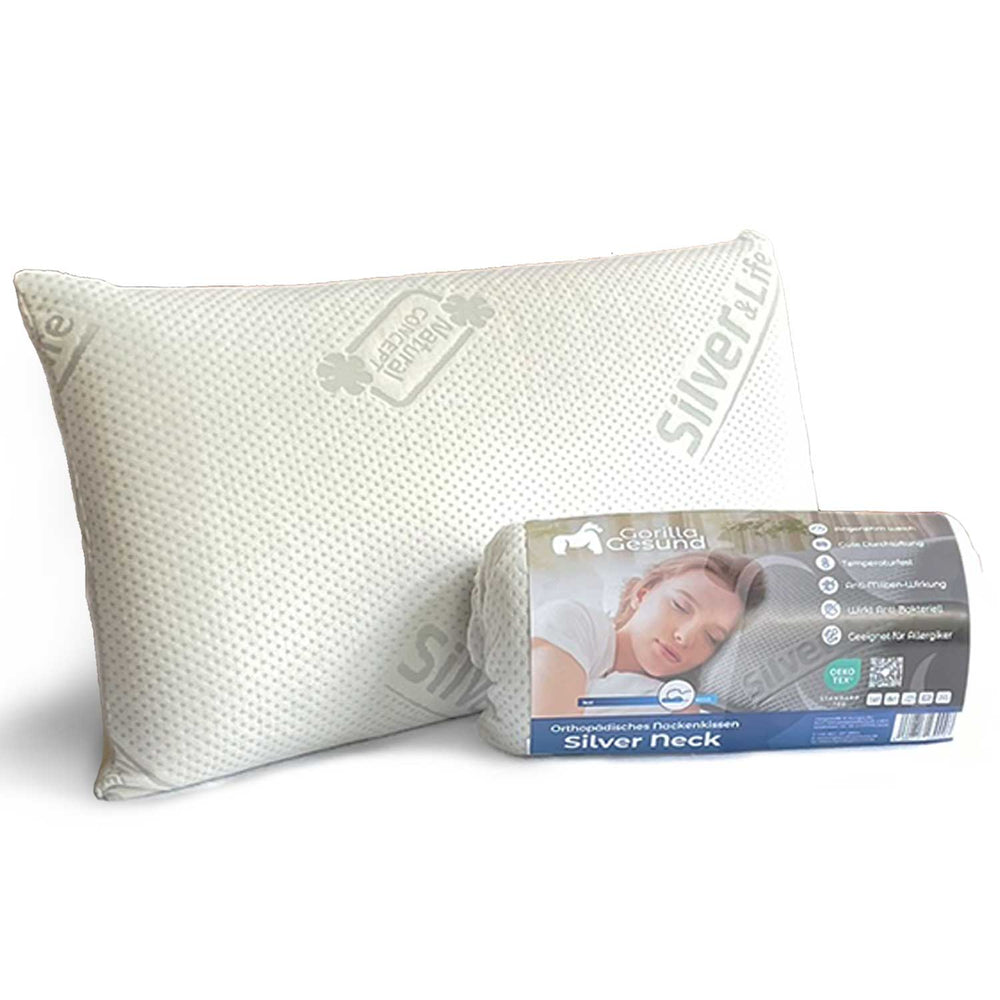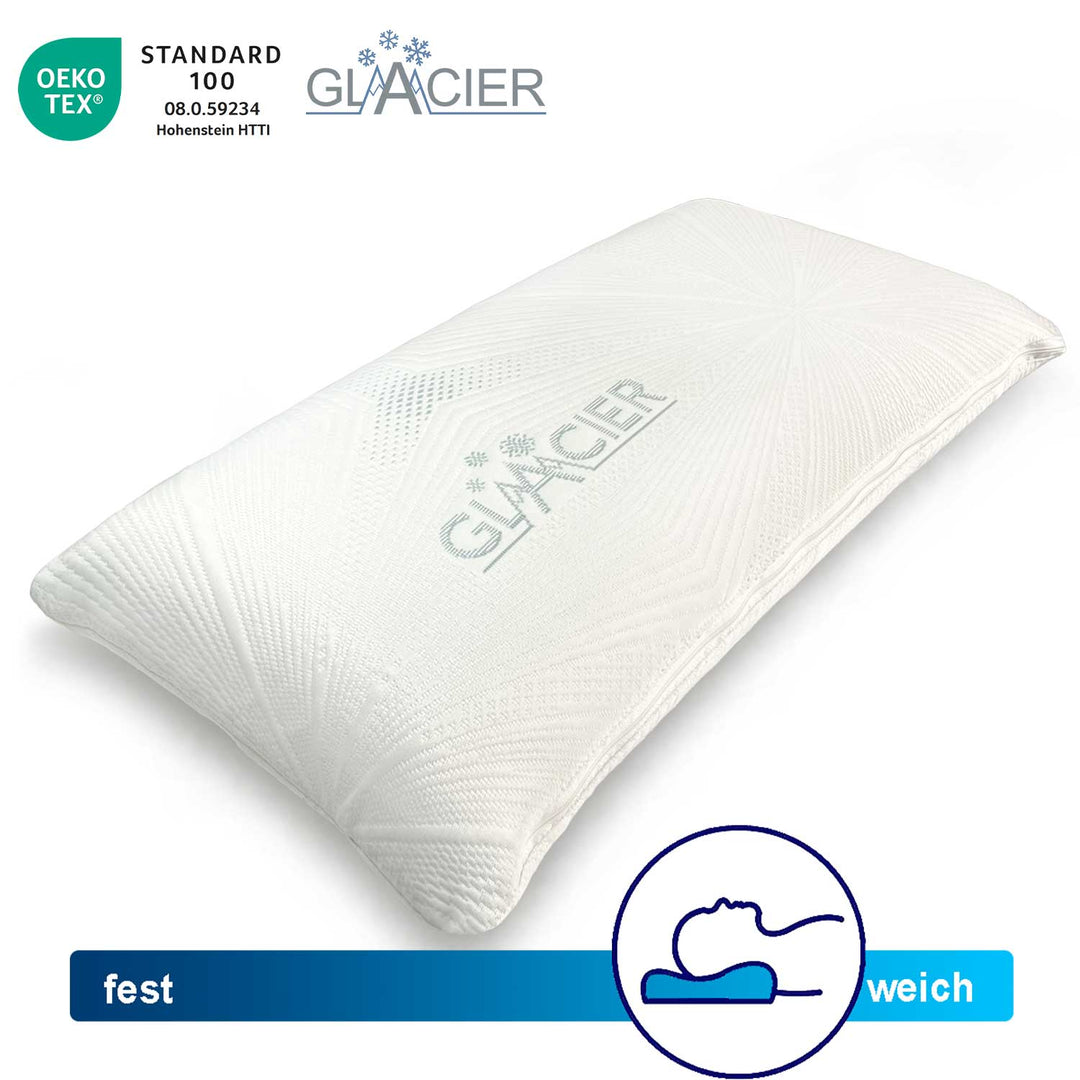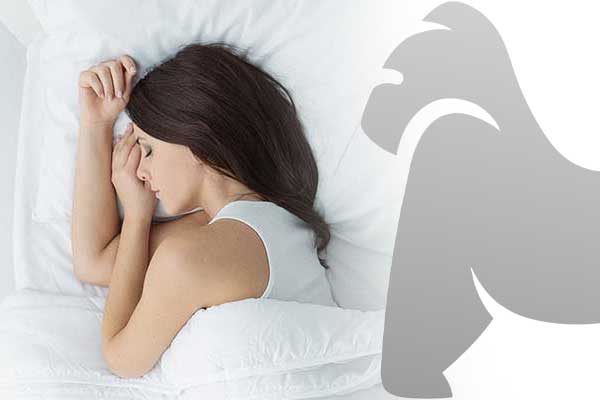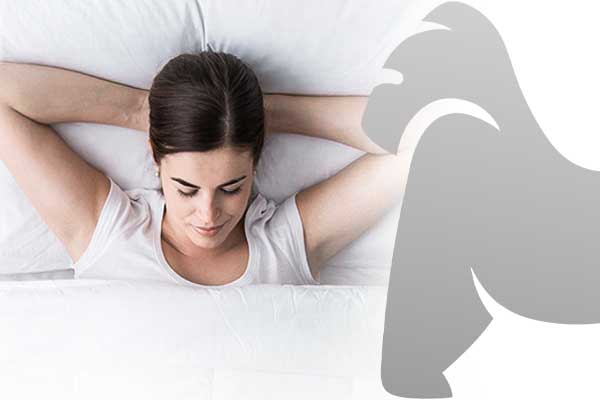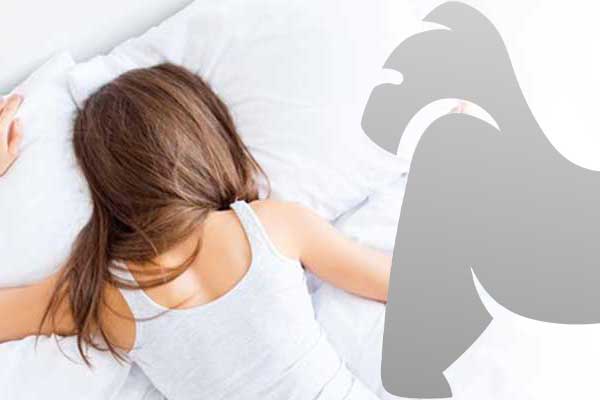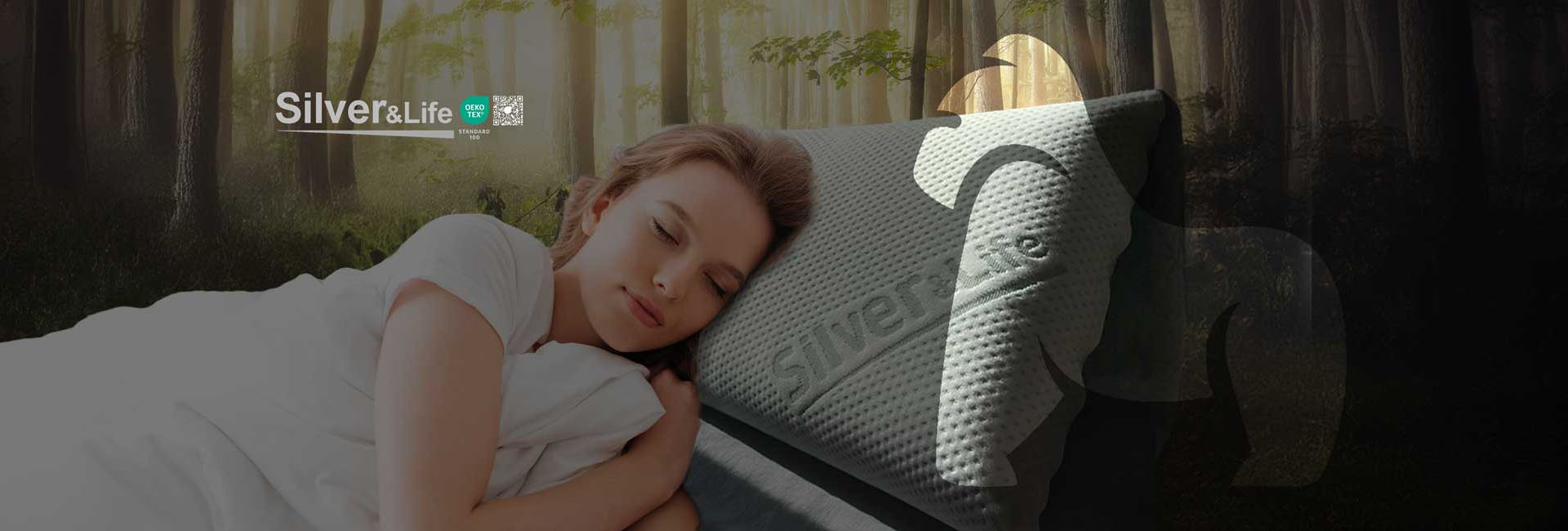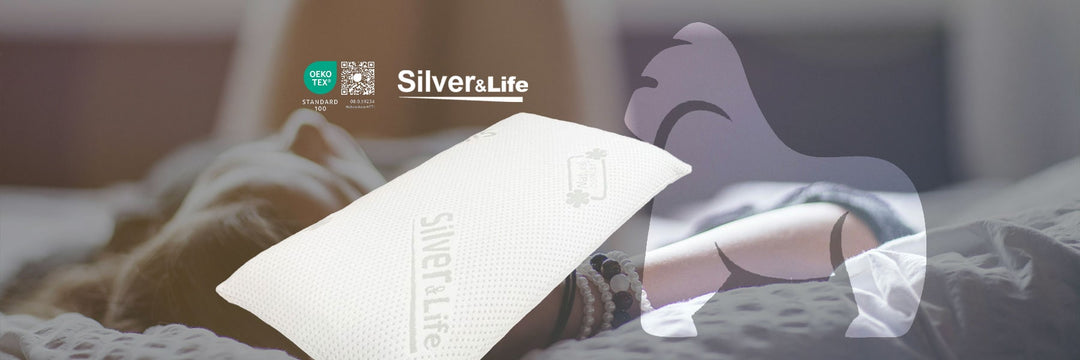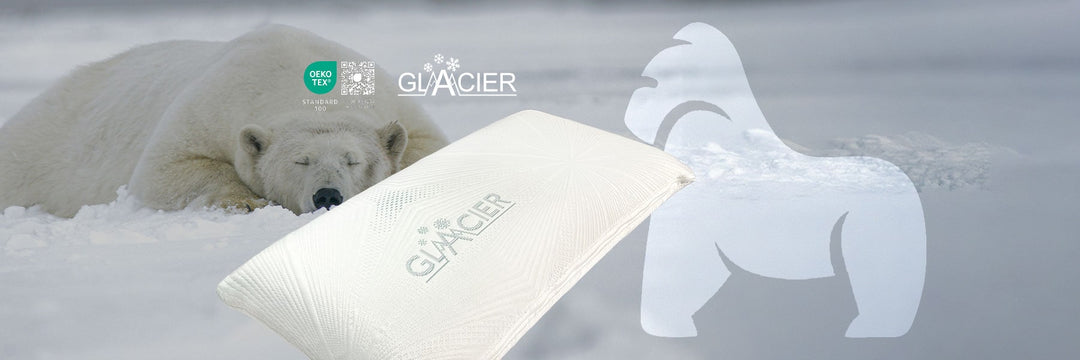
While some people love sleeping on large, fluffy pillows, others find them uncomfortable. You might be tempted to sleep without a pillow if you often wake up with neck or back pain.
There are some benefits to sleeping without a pillow. However, these benefits cannot be generalized. Sleeping without a pillow can only help if you sleep in a certain position.
Read on to learn more about the pros and cons of sleeping without a pillow, including tips on how to do it healthily.

Benefits of sleeping without a pillow
Depending on how you sleep, you might feel more comfortable sleeping on a flat surface.
Can sleeping without a pillow improve posture?
Pillows are designed to keep your spine in a neutral position. They align your neck with the rest of your body, supporting good posture.
Research has therefore only focused on the best type of pillow for posture. What has not been studied, however, is how sleeping without a pillow affects the spine.
Stomach sleepers might benefit from skipping the pillow
According to the University of Rochester Medical Center (New York), sleeping on your stomach puts the spine into an unnatural position the fastest. This is because most of your weight is centered in the middle of your body. This way, the back and neck are additionally strained, which takes a toll on the spine.
When you sleep without a pillow, you keep your head flat. This can reduce strain on your neck in this position and promote better alignment.
However, this does not apply to other sleeping positions. If you sleep on your back or side, sleeping without a pillow does more harm than good. We recommend using a pillow to keep your spine neutral.
Can sleeping without a pillow relieve neck pain?
If you are a stomach sleeper, sleeping without a pillow can indeed relieve neck pain.
When you lie on your stomach, your head is turned to the side. In this position, your neck is stretched backward, an angle that causes pain and discomfort.
In this position, using a pillow would only increase the unfavorable angle of your neck. However, sleeping without a pillow can minimize the unnatural position and reduce strain on the spine.
In fact, there is a lack of research in this area. Most studies on pillows and neck pain focus on the best type of pillow for pain. So if your neck hurts after sleeping, it's better to consult a doctor before giving up a pillow.
Is sleeping without a pillow good for your hair?
There are no known links between using a pillow and hair health. Therefore, there are no scientific studies on whether and how sleeping without a pillow affects hair.
But there are some rumors about how the material of your bedding can affect your hair. The idea is that a cotton pillowcase absorbs your natural oils, which can make your hair frizzy. According to rumors, silk is better for your hair.
Furthermore, a pillow likely has no effect on your hair.
Disadvantages of sleeping without a pillow
Despite the potential benefits of sleeping without a pillow, there are also drawbacks.
Poor posture
If you sleep on your stomach, skipping the pillow can better align your spine. However, it will not fully compensate for the unnatural position. It will still be difficult for your spine to maintain its natural curvature, as nothing changes the fact that most of the weight is centered in your body.
To promote better posture when sleeping on your stomach, place a pillow under your belly and pelvis. This lifts the midsection and reduces pressure on the spine, even if you don't use a pillow for your head.
In other positions, sleeping without a pillow is not recommended. It puts your spine in an unnatural posture and strains your joints and muscles. It's better to use a pillow when sleeping on your back or side.
Neck pain
The connection between sleeping without a pillow and neck pain is also subject to significant reservations.
If you are a stomach sleeper, omitting the pillow can help your neck stay in a more natural position. But it does not eliminate the need to turn your head. This can strain your neck joints and muscles and cause pain.
In other sleeping positions, omitting the pillow can worsen or cause neck pain. This is because sleeping on your back or side overextends your neck. Without a pillow, your neck remains in this overextended position all night.
If you do not use a pillow, the pressure on your neck muscles is also distributed unevenly. The likelihood of developing neck pain, stiffness, and headaches increases.
Tips for getting started with sleeping without a pillow
If you have always slept with a pillow, it will take a while to get used to not resting your head on something. Keep these tips in mind if you want to try sleeping without a pillow:
Gradually reduce your head support. Instead of removing your pillow immediately, start with a folded blanket or towel. Unfold the towel gradually until you are ready to sleep without a pillow.
Support the rest of your body with pillows. If you sleep on your stomach, place a pillow under your abdomen and pelvis to keep your spine as neutral as possible. Place a pillow under your knees if you lie on your back, or between your knees if you lie on your side.
Choose the right mattress. Without a pillow, it is even more important to have a mattress with adequate support. A mattress that is too soft lets your spine sag, which can lead to back pain.
Although sleeping without a pillow can help stomach sleepers, there is a lack of specific studies. It is generally recommended to use a pillow if you sleep on your back or side. However, the most important thing is that you feel comfortable and pain-free in bed.
If you have neck or back pain, or if you have a spinal condition such as scoliosis, sleeping without a pillow may be unsafe. Consult a doctor before giving up your pillow.




